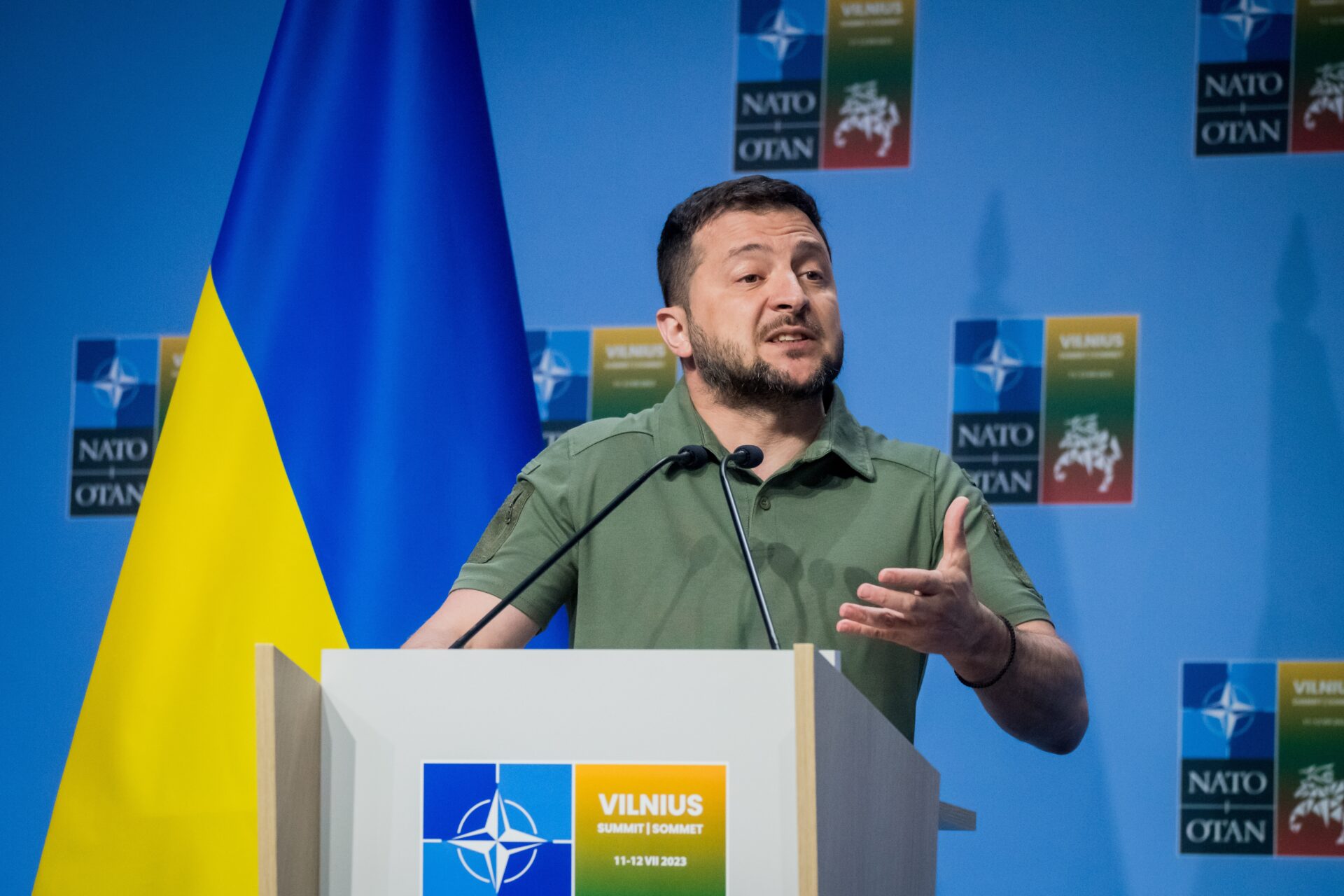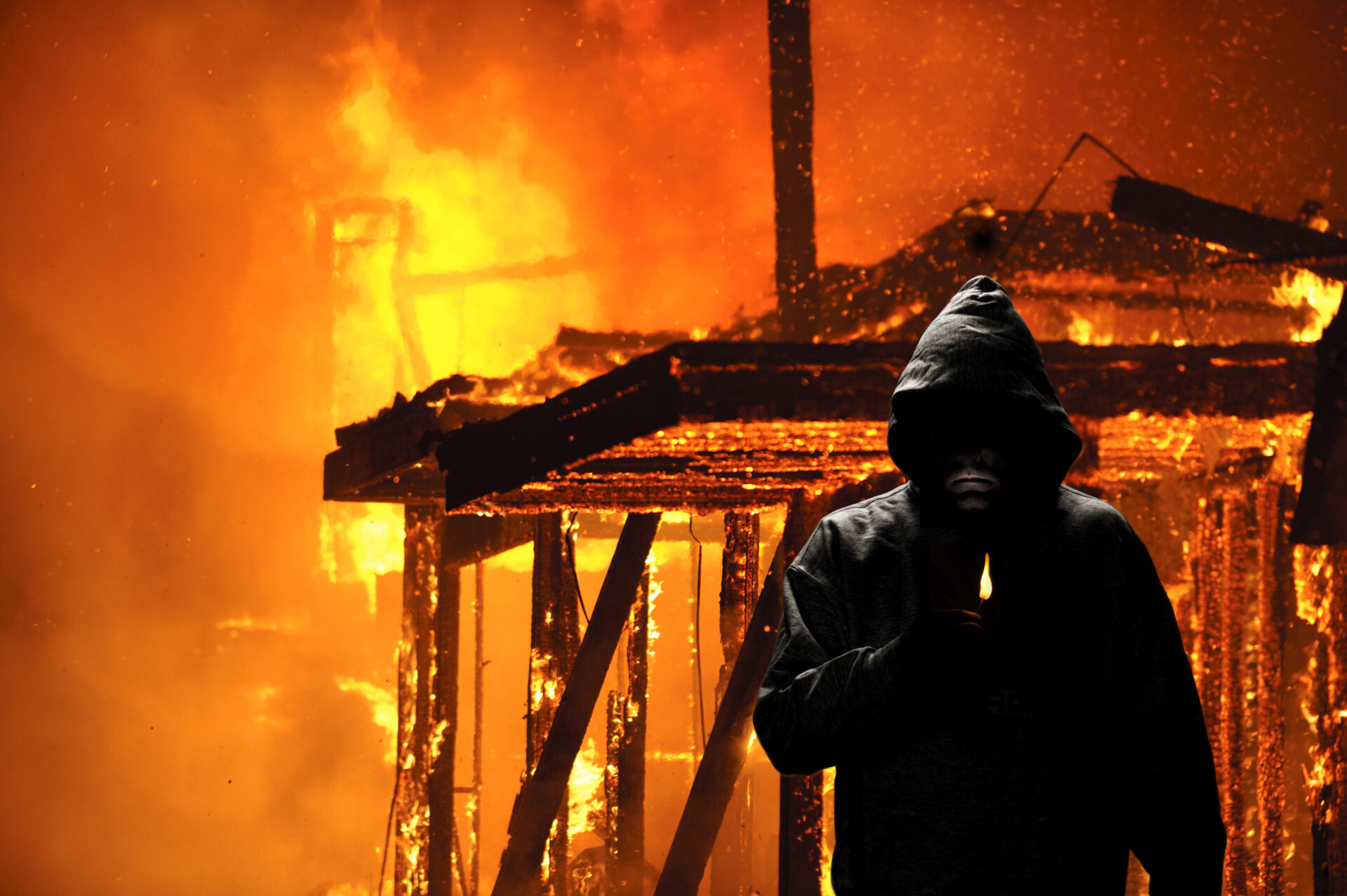
WAR FATIGUE—But No SURRENDER!
Recent polling data indicates that most Ukrainians continue to reject territorial concessions despite reports suggesting a dramatic shift toward immediate peace negotiations.
At a Glance
- Claims of a major shift toward peace talks are contradicted by recent KIIS and Gallup polls
- 66% of Ukrainians view Russia’s war aims as an existential threat
- Zelenskyy’s approval rating stands at 67% as of August 2025
- Confidence in the military remains above 90%
- War fatigue is present but has not led to majority support for concessions
Contradictory Polling Data
Recent media reports have suggested that Ukrainian public opinion has undergone a complete reversal, with the majority now seeking immediate negotiations to end the conflict. However, authoritative polling data from the Kyiv International Institute of Sociology (KIIS) and Gallup from February to March 2025 presents a different picture. These polls indicate that 66% of Ukrainians still view Russia’s objectives as existential threats, with most respondents opposing any peace deal that includes territorial concessions.
Watch now: Ukraine Polling Reality Check · YouTube
Analysts note that such positions align with concerns that territorial concessions could be interpreted as legitimizing Russia’s military advances. The data suggests that while some war fatigue exists, it has not eroded the core commitment to defending national territory.
Leadership Approval Trends
Despite claims of waning public support, President Volodymyr Zelenskyy’s approval rating remains steady at 67% as of August 2025. Public confidence in the Ukrainian Armed Forces is even higher, exceeding 90%. This combination suggests that while citizens may be weary of the prolonged conflict, their trust in national leadership and the military’s defensive capabilities remains strong.
The polling results also show that increases in war fatigue have not corresponded with a shift toward concessions. Experts point to a resilience in public opinion, with many Ukrainians viewing the conflict as a fundamental matter of sovereignty and security.
War Fatigue Versus Threat Perception
Polling data from 2025 reveals a nuanced picture. While more respondents now report feeling the effects of war fatigue compared to previous years, the perception of the conflict as an existential threat continues to dominate. Academic researchers from University College London emphasize that skepticism toward negotiations without solid security guarantees is widespread.
Public trust in state institutions, which had declined in 2024, has slightly rebounded. Events such as domestic political challenges and international criticism have prompted a rally-around-the-flag effect, reinforcing national cohesion. Experts caution that any peace agreement reached without substantial public backing could undermine long-term stability and risk reigniting hostilities.
Disconnect Between Narrative and Data
The difference between certain Western media narratives and findings from credible Ukrainian polling organizations underscores the need for accurate, transparent methodologies in wartime opinion research. Misinterpretations or selective use of polling data can lead to policy decisions that do not reflect the views of the affected population.
The polling evidence suggests that while fatigue is a reality for many Ukrainians, the prevailing sentiment remains one of resistance to territorial compromise. For policymakers and analysts, understanding this distinction is essential when evaluating possible diplomatic paths forward.
Sources
UCL News
Gallup
Pew Research
Statista


